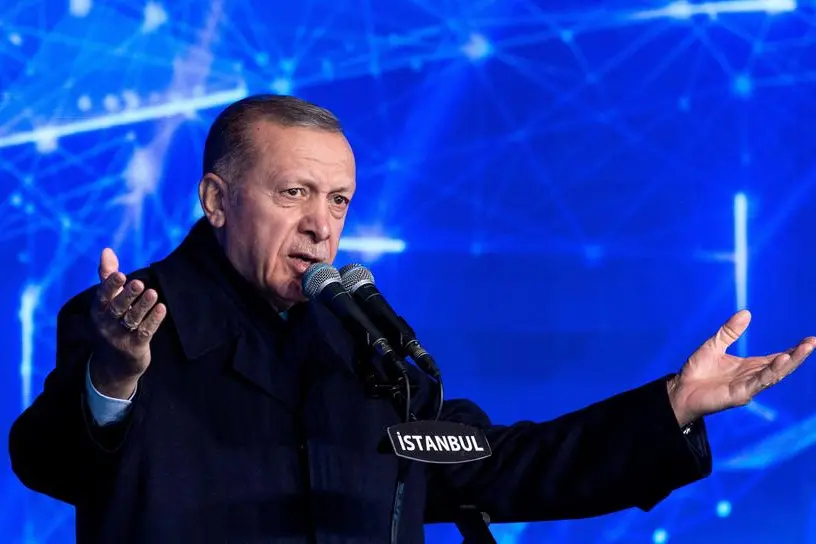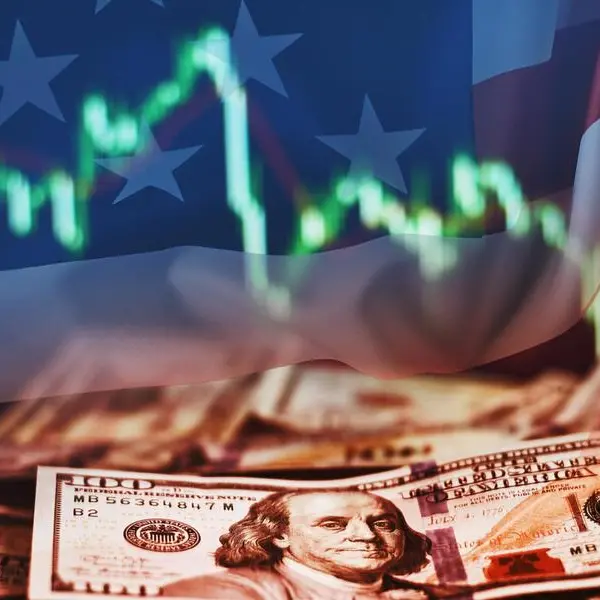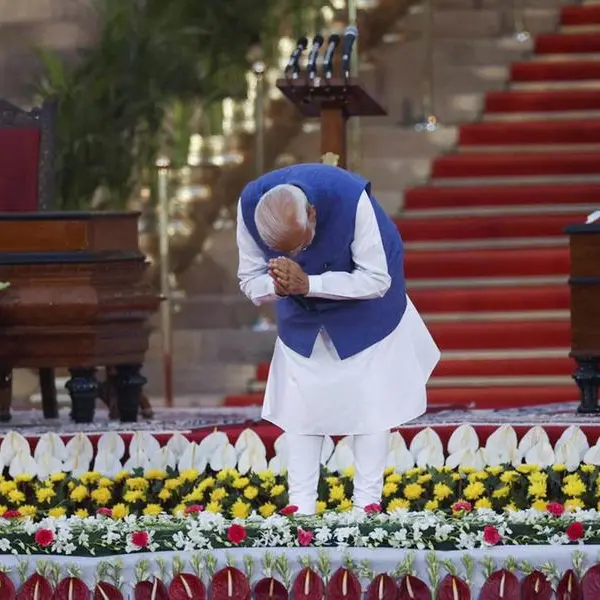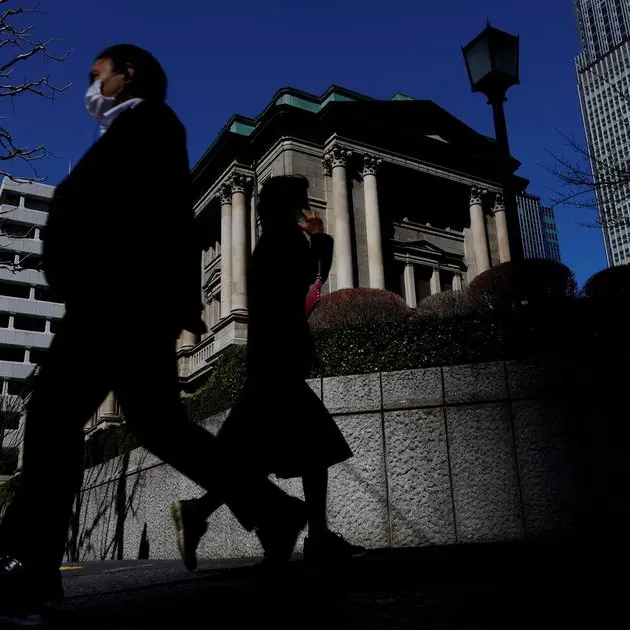PHOTO
ANKARA - Former Turkish economy tsar Mehmet Simsek's refusal to return to politics has left President Tayyip Erdogan's ruling party scrambling to rebuild its economic credibility less than two months before landmark elections, insiders and analysts say.
Erdogan, who has led Turkey for two decades but is trailing in opinion polls ahead of the May 14 vote, had personally appealed to Simsek to return to the government and take up a top role, several people familiar with the matter said.
Some AK Party (AKP) members had wanted Simsek to champion the party's latest rhetorical pivot to more free-market policies, after years of unorthodoxy under Erdogan that had hammered the lira currency and sent inflation soaring.
But after a Monday meeting at AKP headquarters, Simsek, well-respected by international investors, said on Twitter he was not interested in "active politics" after having stepped down as deputy prime minister in 2018.
Yet he is ready to provide any type of support in his area, he added.
Separately, in a televised interview on Wednesday, Erdogan downplayed the significance of the meeting with Simsek, saying such meetings were ordinary. He added that Simsek said he would gladly help ahead of the elections.
The episode shows the difficulty of rebranding a government whose policies have set off a cost-of-living crisis and left the economy and financial markets heavily state-managed, analysts and investors say.
"Simsek's refusal to join the ranks is neither the first nor the final indicator of dwindling support for the government," said Ertan Aksoy, of Aksoy Research polling company.
AKP spokesperson Omer Celik said after the meeting that Erdogan did not offer Simsek a formal posting but that "all the mechanisms and duties of the party" were open to him.
A senior government official told Reuters the AKP was somewhat divided with some members opposed to Simsek's return, and described the outcome of the Erdogan meeting as "undesirable". The party may now need to revise its economic platform ahead of the election campaign, he added.
An AKP official who was not also authorised to speak publicly said Simsek's return would have boosted the party's polls. "We are having trouble regarding the economic picture right now. There is no arguing about that," the person said, adding new steps are needed.
Another party official said its revised election manifesto could include more "balanced" or "mixed" policies, rather than the free-market orthodox approach that some had sought.
The AKP declined to comment on whether it was revising its economic strategy ahead of the vote. Simsek declined to comment on his meeting with Erdogan.
'DWINDLING SUPPORT'
Erdogan's determination to slash interest rates to stoke economic growth sent inflation above 85% last year. The lira has shed 80% of its value versus the dollar in five years, a period in which foreign investors largely fled the big emerging market.
The economic cost of the devastating earthquakes that struck Turkey’s south on Feb. 6 is estimated to be around $104 billion, adding to pressures on the economy.
The opposition bloc - which pledges to roll back Erdogan's economic policies - received a boost on Wednesday when a big pro-Kurdish party said it would not run its own presidential candidate, raising prospects it could unite.
Two recent polls by MAK and Turkiye Raporu show the opposition presidential challenger Kemal Kilicdaroglu between 4 and 9 percentage points ahead of Erdogan.
"The AKP ... is surprised and in a state of heavy panic. It is pressing all the buttons at the same time," Turhan Comez, chief adviser to opposition IYI Party leader Meral Aksener, said on Halk TV on Tuesday.
Though a self-described "enemy" of interest rates, Erdogan has occasionally endorsed free-market policies in recent years. But he then shifted tone again and has adopted a model prioritising production, exports and targeted cheap credit.
Such pivots - including firing market-friendly central bank governor Naci Agbal after only four months in 2021 - have left investors deeply sceptical.
Investors are "extremely cautious" about any pivot by Erdogan's government given "multiple past head-fakes", said Blaise Antin, head of EM sovereign research at asset manager TCW in Los Angeles.
Polina Kurdyavko, head of emerging markets and senior portfolio manager at BlueBay Asset Management, said the economic challenge was "not easily solvable regardless of who comes to power and regardless of what policies you implement".
(Additional reporting by Ece Toksabay and Ali Kucukgocmen in Ankara, and Rodrigo Campos in New York; Editing by Alison Williams)





















